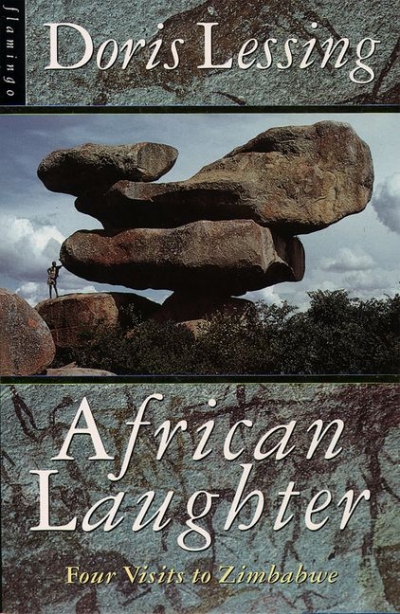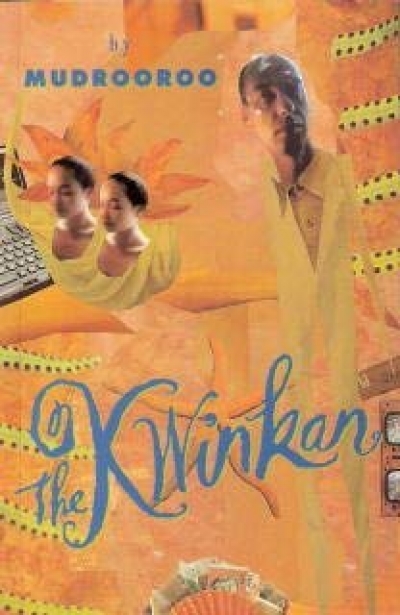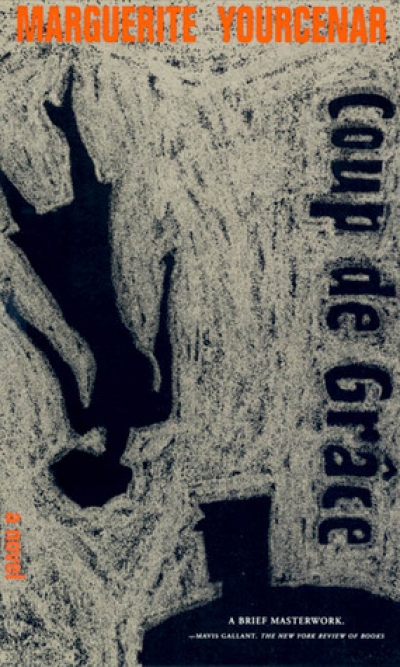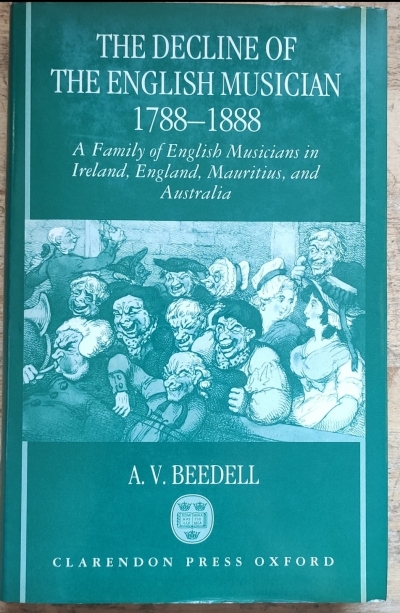Archive
This is the 150th issue of ABR since its revival in 1978, and so it would seem appropriate for us to look back on that time in order to come to some wise conclusions about the state of book reviewing, of literature, of communication and culture in this country.
Appropriate can go jump, however. 150 is splendid, and here’s to another 150 of them.
... (read more)Aboriginal poet and activist, Kevin Gilbert, died in Canberra on 1 April 1993 after a long battle with a respiratory disease. He was sixty years old.
... (read more)The boy’s heart sank when he saw the ship.
For as long as he could remember he had held the dream of his first ship. She would be long and sleek, riding low in the water, white, with touches of blue along her prow. The funnel would stand high and proud, with the scarlet insignia of the line.
... (read more)The daily special at the Great Northern Hotel that blustery late-November day was chicken schnitzel, mashed spuds, peas and a free pot for four bucks, but Marie’s spelling had struck again. Schitzel would not be passed up by anyone.
... (read more)






